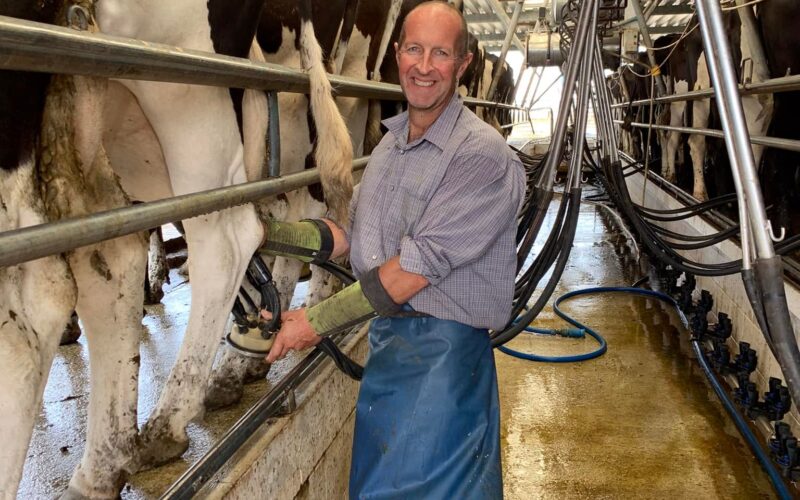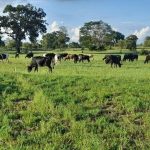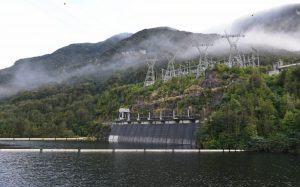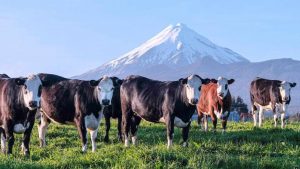
A new Member’s Bill to prevent regional and district councils from using climate change to reduce greenhouse gas emissions is being lodged by ACT MP Mark Cameron.
The Resource Management (National and Regional Emissions) Amendment Bill aims to reintroduce provisions to the Resource Management Act, which would stop regional councils from using climate change as way to reduce emissions in their planning.
“Currently, councils can use the Resource Management Act to impose a patchwork of restrictions on the way Kiwis use their land, all in the name of reducing emissions,” said Cameron.
“This was the result of amendments to the RMA progressed under the previous government. Property rights were sacrificed to the climate gods, in a way that wouldn’t even reduce net emissions.”
Cameron said it is not feasible to have regional councils “trying to save the world’s climate” because emissions are already managed nationally under the Emissions Trading Scheme.
“If one council cracks down on emissions, it just pushes carbon-intensive activity someplace else. And councils aren’t equipped to consider carbon offsets that businesses might have in other parts of the country.”
Cameron said the Bill is about getting local government back to basics and stopping councils feeling like they need to suppress local productive activity like farming for the sake of the planet.
Federated Farmers has welcomed the move. Feds RMA reform spokesperson Mark Hooper said greenhouse gas emissions are a global rather than local challenge and it never made sense for local councils to individually regulate greenhouse gas emissions.
“On top of this, New Zealand has a number of national policies regulating greenhouse gas emissions, meaning any local policy duplicates what central government is already doing.”
Hooper said Cameron’s Amendment Bill will largely reinstate changes made in 2004 that were then repealed in 2020 by the previous government.
“Having regional councils regulate greenhouse gas emissions has the potential to create huge headaches for farmers,” Hooper said.
“Greater Wellington Regional Council [GWRC] has proposed a target of a 50% reduction in all greenhouse gas emissions by 2030, including biogenic methane. This diverges from the central government targets that treat short-lived biogenic methane differently to long-lived carbon dioxide.
“For Wairarapa farmers, who sit inside the GWRC’s boundaries, this means a resource consent application could set conditions that require farmers to reduce emissions in line with the 50% target.”
Hooper said none of this makes any sense when carbon dioxide emissions are already captured under the ETS.
You can now read the most important #news on #eDairyNews #Whatsapp channels!!!
🇺🇸 eDairy News INGLÊS: https://whatsapp.com/channel/0029VaKsjzGDTkJyIN6hcP1K
























